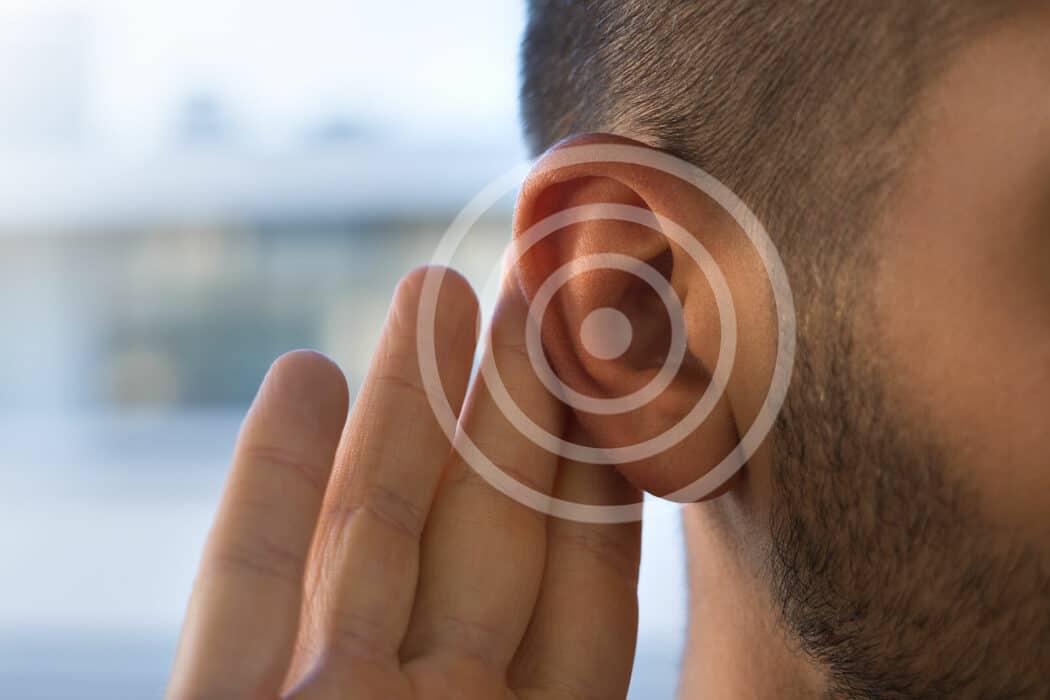Imagine a constant ringing, buzzing, or hissing sound in your ears, with no external source to blame. This phenomenon, known as tinnitus, affects millions of people worldwide, impacting their quality of life and well-being.
Defining Tinnitus
Tinnitus is the perception of sound in the absence of an external stimulus. It can manifest as ringing, buzzing, humming, hissing, or other phantom sounds. Tinnitus is not a disease itself but rather it’s a symptom of an underlying condition affecting the auditory system.
Types of Tinnitus
Tinnitus can be categorized into two main types: subjective and objective. Subjective tinnitus, the most common form, is only audible to the individual experiencing it. Objective tinnitus, on the other hand, can be heard by both the affected individual and a healthcare professional and is often associated with vascular or muscular abnormalities.
Understanding the Causes of Tinnitus
Noise-Induced Hearing Loss (NIHL)
Exposure to loud noises, such as concerts, machinery, or firearms, can damage the delicate hair cells in the inner ear, leading to tinnitus. Noise-induced hearing loss (NIHL) is a common cause of tinnitus, particularly in younger individuals.
Age-Related Hearing Loss
As we age, changes in the auditory system can result in hearing loss, often accompanied by tinnitus. Presbycusis, or age-related hearing loss, can contribute to the perception of phantom sounds due to the natural degeneration of auditory structures.
Medical Conditions and Medications
Certain medical conditions, such as Meniere’s disease, temporomandibular joint (TMJ) disorders, and otosclerosis, can be associated with tinnitus. Additionally, some medications, including certain antibiotics, antidepressants, and nonsteroidal anti-inflammatory drugs (NSAIDs), may cause or exacerbate tinnitus as a side effect.
The Impact of Tinnitus
Tinnitus can have a major impact in your life, including:
- Physical and Emotional Distress: Tinnitus can have profound physical and emotional effects. Persistent ringing or buzzing in the ears can lead to sleep disturbances, fatigue, irritability, and difficulty concentrating. For some, tinnitus can significantly impact their overall quality of life.
- Social Isolation and Anxiety: The invisible nature of tinnitus can make it difficult for others to understand the distress it causes. Individuals with tinnitus may withdraw from social activities, avoid noisy environments, and experience heightened anxiety or depression as they struggle to cope with the persistent sound.
Strategies for Managing Tinnitus
Here are some ways to manage tinnitus:
- Hearing Tests and Evaluation: If you experience tinnitus, get a hearing test! A hearing test can assess your auditory function and identify any underlying hearing loss or medical conditions contributing to your tinnitus.
- Sound Therapy: Sound therapy involves playing external sounds to mask or distract from the perception of tinnitus. White noise machines, nature sounds, or specialized tinnitus masking devices can provide relief by creating a more pleasant auditory environment.
- Cognitive Behavioral Therapy (CBT): CBT can help individuals reframe their thoughts and emotions surrounding tinnitus. By addressing negative thought patterns and developing coping strategies, CBT can reduce the distress associated with tinnitus and improve overall well-being.
- Relaxation Techniques: Practicing relaxation techniques, such as deep breathing, meditation, yoga, or progressive muscle relaxation, can help manage stress and anxiety associated with tinnitus.
- Avoiding Triggers: Identifying and avoiding potential triggers for tinnitus can help minimize its impact. This may include reducing exposure to loud noises, limiting caffeine and alcohol consumption, managing stress levels, and maintaining a healthy lifestyle.
Seeking Professional Support
If you experience persistent tinnitus, seeking professional support from a hearing health specialist is an important first step. Hearing healthcare professionals can develop customized treatment plans tailored to your unique needs and preferences. These may include a combination of sound therapy, counseling, lifestyle modifications, and referral to other healthcare providers for further evaluation and management.
Take the First Step
Tinnitus doesn’t need to define your life. By understanding the causes, effects, and management strategies for tinnitus, you can take proactive steps to regain control and minimize its impact. Whether through sound therapy, counseling, relaxation techniques, or professional support, there are resources available to help you navigate life with tinnitus.
If you or a loved one experiences tinnitus, don’t suffer in silence. Take the first step toward relief by booking a hearing test. Don’t let tinnitus hold you back – take action today.

